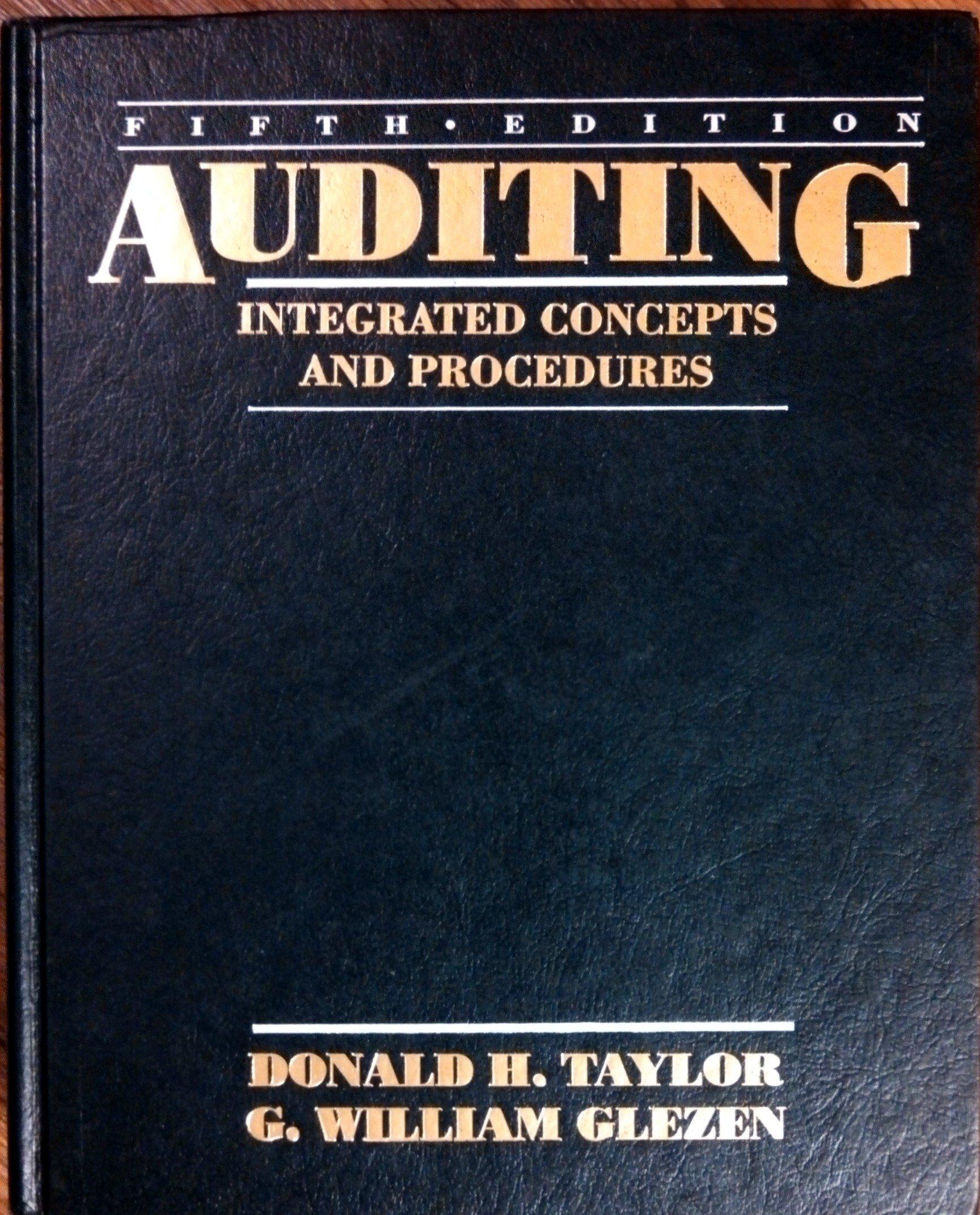Question
Question 1: In an effort to concentrate its resources in more profitable areas, Frick Corporation recently sold its family pizza restaurant segment. The disposal constitutes:
Question 1:
In an effort to concentrate its resources in more profitable areas, Frick Corporation recently sold its family pizza restaurant segment. The disposal constitutes:
a. an extraodinary item.
b. a discontinued operation which should be treated as a prior period adjustment.
c. a discontinued operation which should be disclosed net-of-tax effects.
d. a portion of income from continuing operations.
Question 2:
Frick Corporation has 100,000, 5%, $100 par preferred shares outstanding. The stock is callable at 102, but was originally issued at 99. The current dividend has been fully paid. Total stockholders' equity is $20,000,000. The residual common equity is:
a. $20,000,000
b. $10,100,000
c. $10,000,000
d. $9,800,000
Question 3:
Frick Company's balance sheet included cash ($4,000,000), accounts receivable ($16,000,000), inventories ($10,000,000), prepaid expenses ($2,000,000), accounts payable ($9,000,000), and accrued expenses ($7,000,000). These are the only current items.
a. The quick ratio is 2:1.
b. The quick ratio is 1.25:1.
c. The current ratio is 1.875:1.
d. Both A and C.
Question 4:
Selected information for 2014 is: cost of goods sold, $5,400,000; average inventory, $1,800,000; net sales, $7,200,000; average receivables, $960,000; and net income, $720,000. Assuming a 360-day year, what was the inventory turnover ratio for 2014?
a. 333
b. 3
c. 7.5
d. 20
Question 5:
On the schedule of cost of goods manufactured:
a. beginning work-in-process plus direct materials used equals manufacturing costs.
b. cost of goods manufactured is the same thing as total manufacturing costs.
c. work-in-process will necessarily increase if total manufacturing costs increase.
d. factory overhead plus beginning work-in-process equals manufacturing costs.
Question 6:
Which costing method seems ideally suited to the production of homogenous products in continuous throughput?
a. Activity-based costing.
b. Job order costing.
c. Process costing.
d. Absorption costing.
Question 7:
Frick Company uses a job order cost system and applies overhead based on estimated rates. The overhead application rate is based on total estimated overhead costs of $200,000 and direct labor hours of 50,000. For job 836, direct labor hours were 800.
a. Factory Overhead should be debited for $3,200.
b. Factory Overhead should be credited for $3,200.
c. Overhead Expense should be debited for $3,200.
d. Overhead Expense should be credited for $3,200.
Question 8:
For job 1838, there were 1,000 direct labor hours, and actual overhead was $500 for depreciation and $1,400 for indirect labor. Overhead is applied at $2 per direct labor hour. Which account should be debited for $1,900?
a. Work in Process.
b. Cost of Goods Sold.
c. Factory Overhead.
d. Cost of Goods Manufactured.
Step by Step Solution
There are 3 Steps involved in it
Step: 1

Get Instant Access to Expert-Tailored Solutions
See step-by-step solutions with expert insights and AI powered tools for academic success
Step: 2

Step: 3

Ace Your Homework with AI
Get the answers you need in no time with our AI-driven, step-by-step assistance
Get Started


